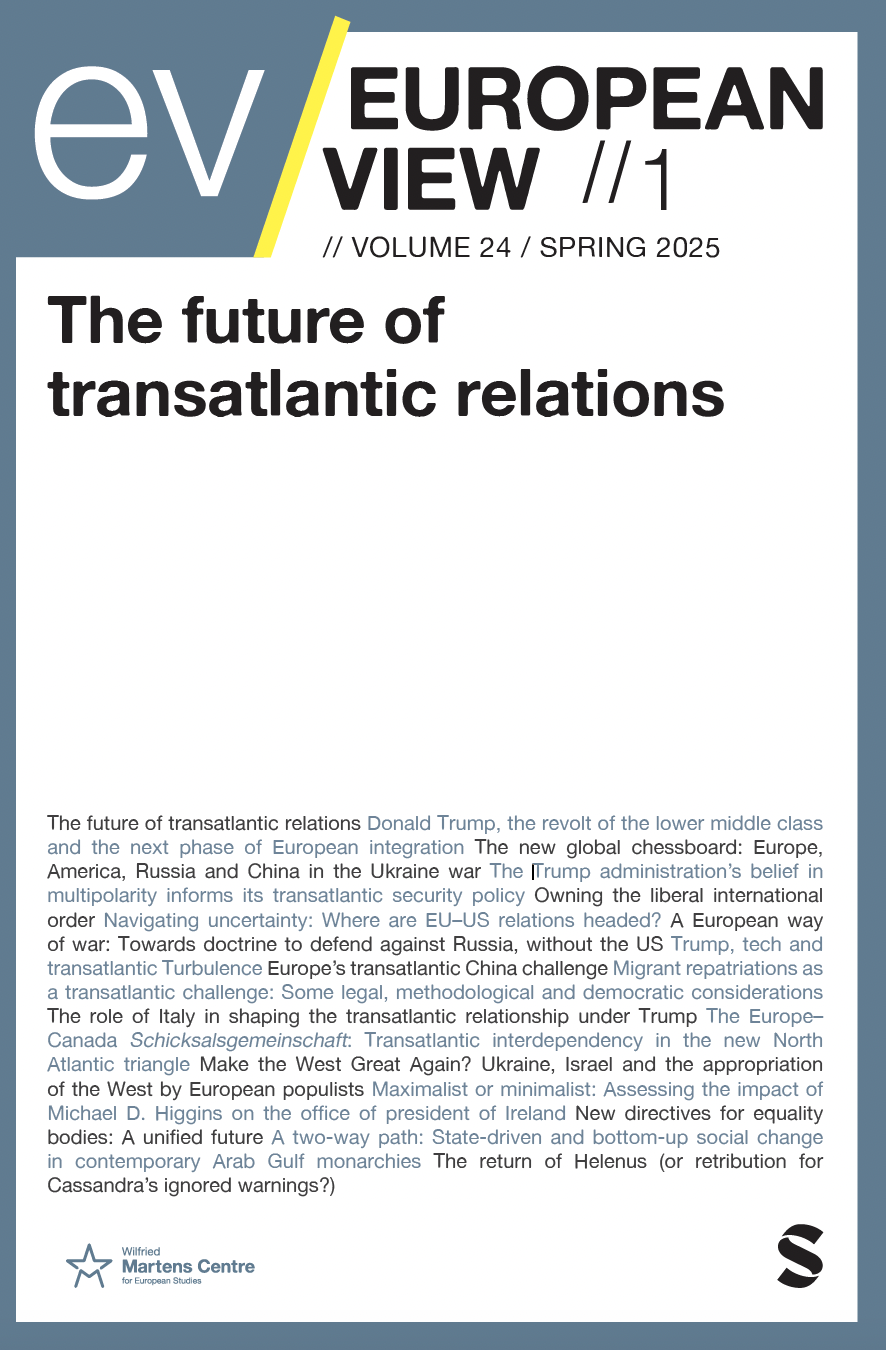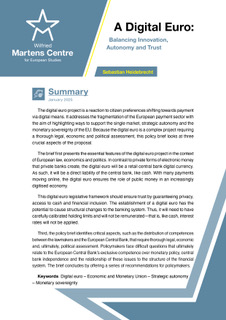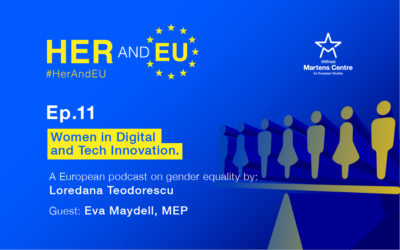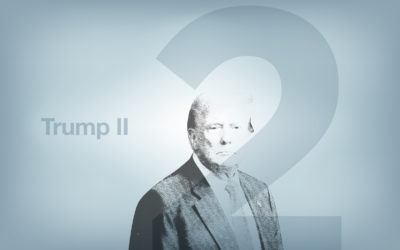A Transatlantic Agenda for Digital Transformation
13 November 2020

The EU takes the challenge of digital transformation very seriously. We have decided to make it, along with the Green Deal, the main driver for economic recovery and long-term growth.
The EU has a profound and well-established reputation as a standard-setter. It is moving rather quickly toward a modern legal framework for its Digital Single Market, establishing a regulatory space that would be conducive both to the growth of digital business and protective of the fundamental rights of users.
This is particularly important now when there seems to be no doubt that the world’s future is digital, that digital technology is of general-purpose, and that it cuts across business activities, people’s lives, and societal transformation. It does not recognise borders between national jurisdictions but also has a strong geopolitical dimension.
Although the EU has been already for a while moving forward with the implementation of its plan to create a regulatory framework for the digital transformation of its Single Market, and that a series of legislative proposals have been already issued, there is still time for the EU and the US to move toward a common regulatory space for the digital transformation.
Our relations’ history clearly demonstrates that aiming for the alignment of already existing and well-established standards to make them conducive to business activity, citizens’ preferences, and security has always been difficult and costly.
However, in the case of the digital transformation, we have a situation comparable to a greenfield investment. We are basically starting from scratch. Many choices are still to be made. Providing a shared regulatory framework for an emerging global common good can be a win-win move.
In a time when China, currently the only large economy experiencing growth, has been aiming for technological self-sufficiency and pouring enormous subsidies into high-tech, AI, electric vehicles, and the semiconductor industry, the EU is lagging behind in the global technological race, and the US is hardly benefitting from the trade and tech war. Choosing a cooperative approach for the digital transformation seems to be a good path for the EU and the US. When 5G will shape the near future of the digital economy, the EU and the US could be partners in creating a new vision for going beyond 5G.
COVID-related challenges open new areas for digital cooperation. Data sharing is crucial, also in the context of combatting the pandemic now and other potential global health hazards that will affect us in the future. European and American global resilience will be reinforced if we work together through digital sovereignty, which already seems to be a buzzword on both sides of the Atlantic.
Europe will spare no effort on the path toward making itself a centre of digital innovation. There is, indeed, no reason that we should lag behind. There is a market of 450 million people, there are great standard-setting capabilities, and there is knowledge and experience on how to ensure the integrity of digitalisation in terms of privacy protection and ethical dimensions. There are millions of small companies that, with some incentives, can spread their wings to capture the advantages of the digital transformation. The EU is all set to become an attractive strategic partner for the US in the digital world. Working together would allow us to reduce existing threats to the Open Internet. Europe knows how to tear down dividing walls, and it understands well the risk of raising digital walls and the benefits of a global mindset. It also knows the cost for the business community of operating in different regulatory regimes.
My concern is that, given the disparities in standards and protocols, the global race for digital leadership based on digital sovereignty might not produce a win-win situation for all. We have to resist the temptation to go alone in this area.
Choosing to work together as leaders on standards and behaviour in the digital world and putting the digital economy at the heart of transatlantic relations can bring benefits to citizens and businesses on both sides of the Atlantic and help find globally accepted solutions to existing inadequacies.
We have a chance that must not be missed. It is a perfect area for a transatlantic reset. Frustration with largely dysfunctional economic relations with the US for some years now leads us to sometimes thinking in terms of the need to balance against the US. But it matters today that our bonds have grown from shared values. In that regard, China is on the other bank of the river. If we feel left behind globally, we should aim at taking back control, like the Brexit dreamers, or use our huge regulatory power in the service of Western values.
ENJOYING THIS CONTENT?




















